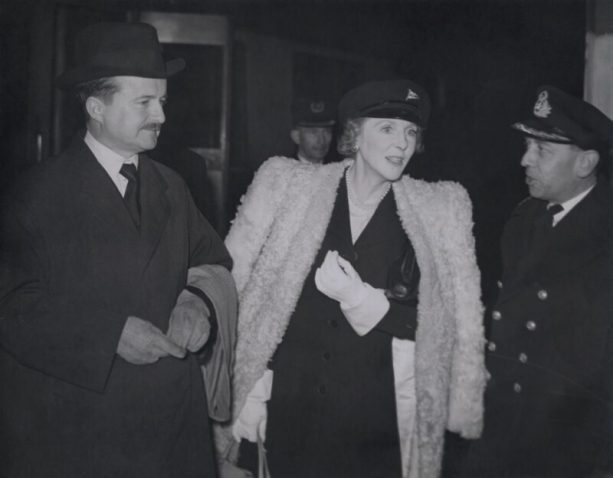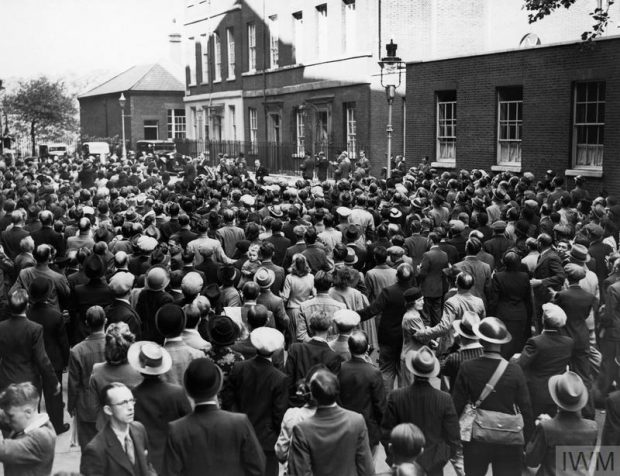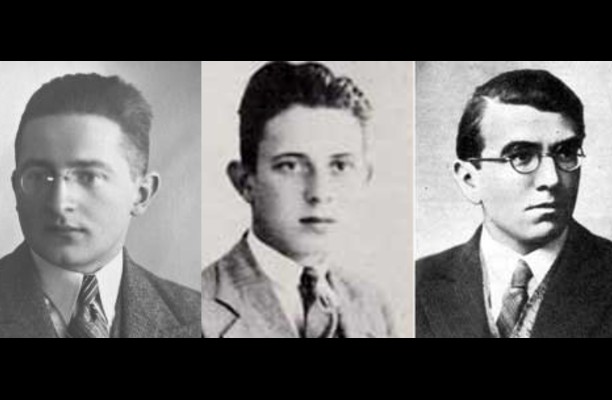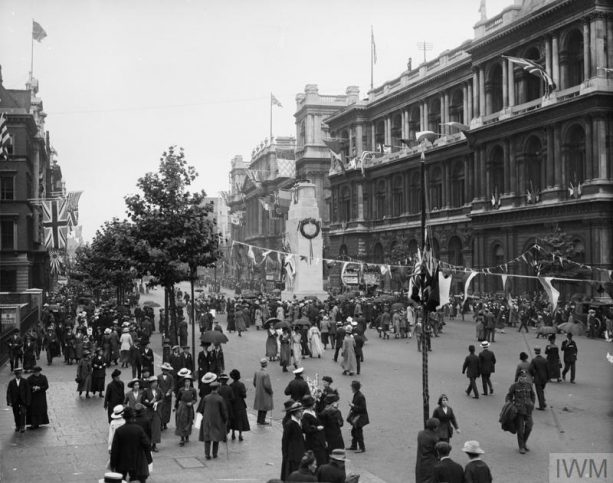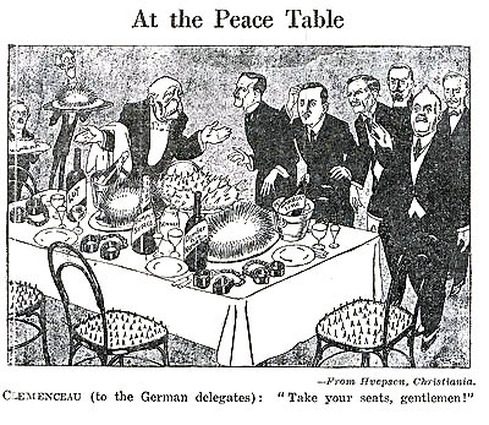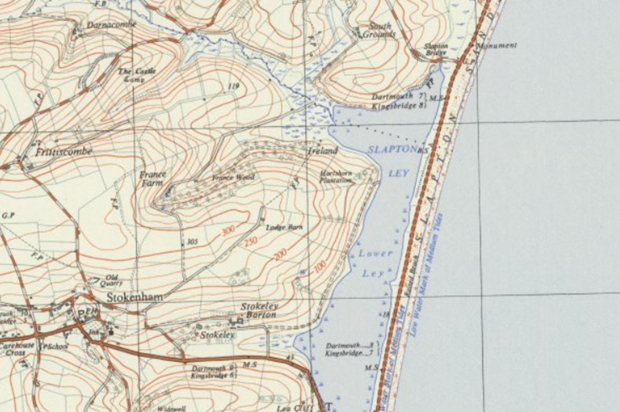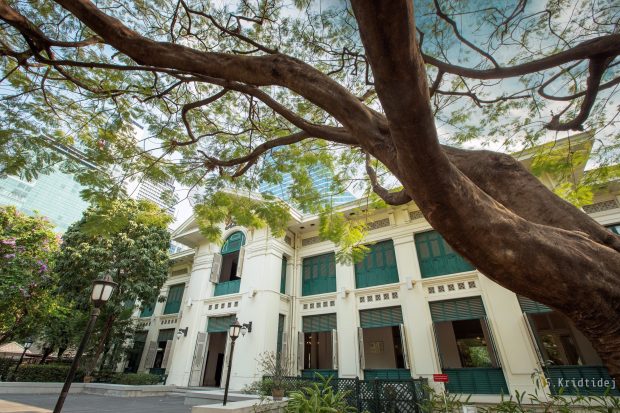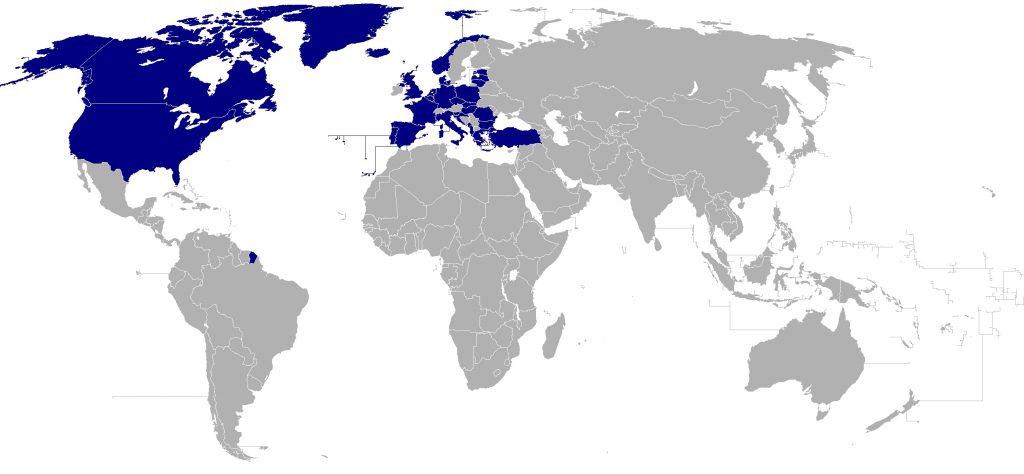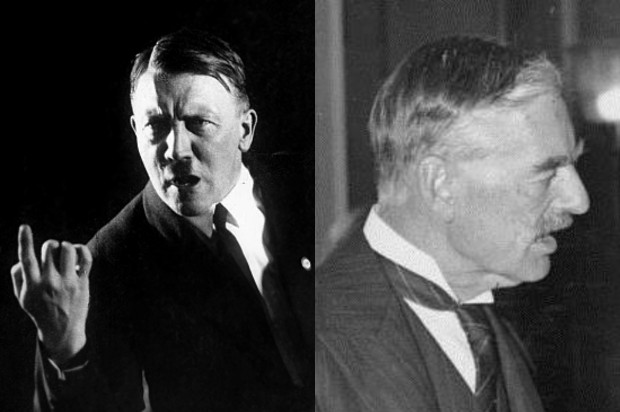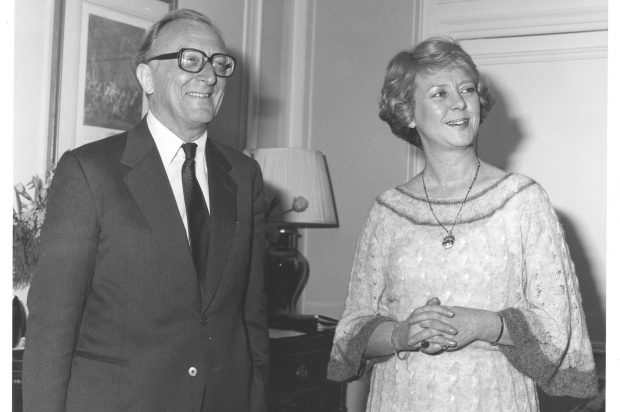Foreign affairs and diplomacy
On 13 September 1944 a Dakota aircraft, with an escort of 45 Spitfires, flew across the English Channel towards Paris. The plane carried the new British Ambassador to France, Alfred ‘Duff’ Cooper, with the mission to re-establish a British presence in the newly liberated French capital.
With a flurry of diplomatic activity in the first 3 days of September 1939, was the Second World War inevitable?
On 26 July 1939, in a forest near Warsaw, Polish code breakers told their British colleagues how they had cracked the German Enigma code. As war against Nazi Germany approached, the meeting symbolised the importance of political, as well as intelligence co-operation in the struggle ahead.
Whilst Victory day 1919 was planned as a celebration, the emotions evoked were more diverse and complex.
German anger at the Treaty of Versailles between the wars is well known. Hitler, in his rise to power, exploited this deep resentment. So how did such a contentious document come into existence and why was it signed?
Once the Allies decided to land in Normandy, they identified the need to practice.
The British Embassy in Bangkok is truly one of the most spectacular properties overseas. It is a symbol of soft power from the Colonial era in the midst of the modern day quest for economic development. This is a last look at the (soon to be) old British Embassy Bangkok.
NATO remains the cornerstone of Western security. But as it celebrates its 70th birthday, it is worth remembering the part played in the negotiations by other regions such as Latin America, Africa and the Asia-Pacific.
On 31 March 1939 Neville Chamberlain committed Britain to defending Polish independence. After years of trying to preserve peace and buy time for rearmament, he recognised that international developments and domestic opinion meant this guarantee was necessary, though it was to mean war with Germany 6 months later.
Today is the memorial service for the former foreign secretary Lord (Peter) Carrington, who died July 2018 aged 99. We remember a life-time of his public service and his time as foreign secretary.
